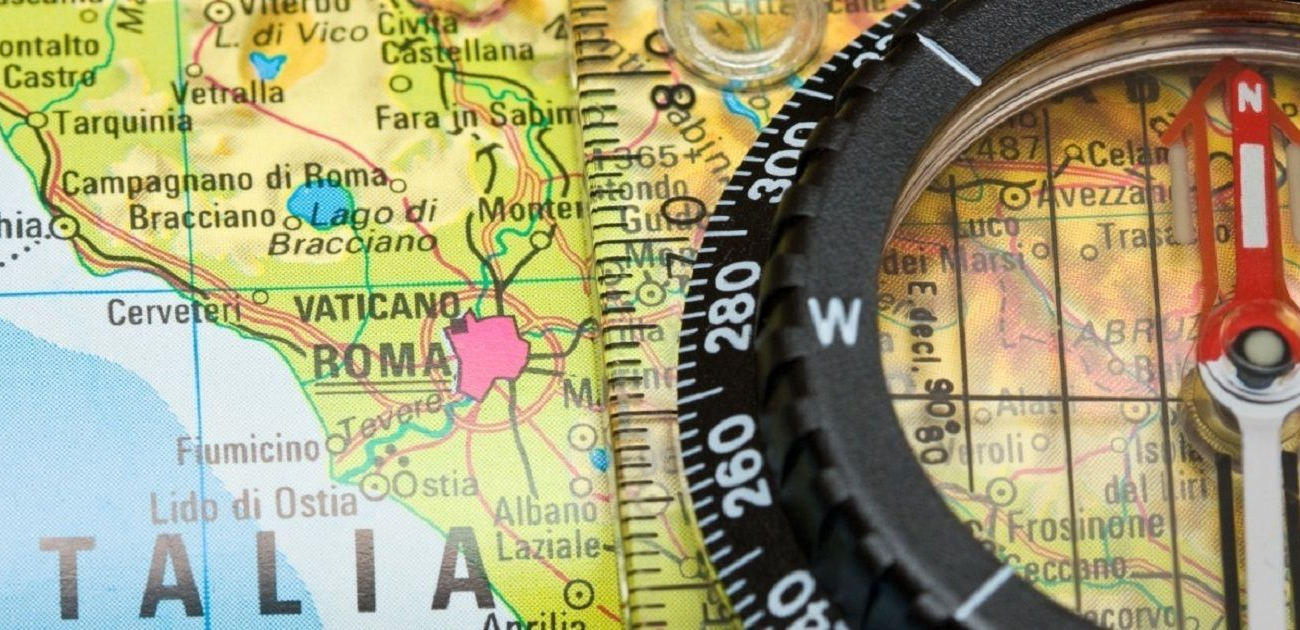Special Tax Regime for Res non Dom in Italy
A special tax regime has been introduced in Italy, effective from January 1, 2017, in favour of high net worth individuals who decide to move in Italy and meet specific conditions (please look at my previous article).
The operative rules of this new tax regime have been just approved with Action n. 47060 dated March 8, 2017 by which the Italian Tax Office clarifies some important points of the special law:
- The option for the application of the special tax regime must be exercised with the Italian tax return related to the FY in which they become resident in Italy (i.e. September 30, 2018 for FY 2017);
- The option for the application of the special tax regime can be exercised also with the Italian tax return related to the FY following the FY in which they become resident in Italy.
- Before exercising the option, the taxpayer can request to the Tax Office - with a special procedure (so called “Interpello”) - to verify the existence of the conditions required by law. In this case, it must be filled in a “check list” which contains several questions related to the personal, social and economic situation of the taxpayer and his/her family. In this request, the taxpayer must indicate also the Countries where his/her different revenues are taxed and the Countries for which the taxpayer wants to tax in Italy the related revenues according to the ordinary regime (with the foreign tax credit) instead of the special tax regime (i.e. cherry picking);
- If the taxpayer decides to exercise the option without filling in the above mentioned request (so called “Interpello”), the information requested in the check list must be indicated in the Italian tax return in which the option is exercised.
The option for the special regime applies for maximum 15 fiscal years and the taxpayer can stop it with a simple communication in the Italian tax return.
During the validity of the option the Res non Dom:
- shall pay in Italy a substitutive tax (all inclusive) on their foreign income, equal to Euro 100.000 (Euro 25.000 for each relative);
- shall pay the ordinary Italian tax on any capital gain realized during the first five years of the special tax regime (for example, sale of shares);
- shall be exempt from the payment of IVIE (tax on real estate abroad) and IVAFE (tax on financial assets abroad):
- shall be taxable for inheritance and gift tax purposes only with reference to the assets located in Italy (in spite of the world wide principle).
CHECK LIST RELATED TO THE SPECIAL TAX REGIME FOR RES NON DOM IN ITALY
Section 1
1.1 This section contains the biographical data of the taxpayer who wants to move to Italy or has just moved to Italy
Section 2
This section contains the general data of the taxpayer:
- Nationality: specify the Country
- Registration at AIRE (Registry Office of Italians resident abroad): No /Yes (when, where)
- Italian citizens moved to black lists: No /Yes (when, where)
- Residence in Italy: specify if Not yet / Yes (when)
- Jurisdictions related to the last fiscal residence: specify the Countries where the different revenues are taxed
- Jurisdictions excluded: specify the Countries for which the taxpayer wants to tax in Italy the related revenues according to the ordinary regime (with the foreign tax credit)
Section 3
This section wants to verify the non-residence absence from Italy during nine of the ten fiscal years prior to the request for the special tax regime.
With reference to, at least, two of the ten fiscal years prior to the request for the special tax regime, the taxpayer must absolutely confirm if:
- Her husband or his wife and/or children were resident or domiciled in Italy
- Other parents were resident or domiciled in Italy
- He/She had permanent personal, social, cultural, political relationships with residents in Italy
- He/She has been director or auditor, etc. in companies located in Italy
- His/Her children were enrolled in a school located in Italy
- Used a real property (as home) in Italy for more than 90 days during each FY
- Had the availability (also indirectly) of mobile properties enrolled in Public Registers (for example, cars)
- Had the availability (also indirectly) of real property different from the ones described at 3.13
- Had the availability (also indirectly) of qualified participation in PE or companies located in Italy
- Had relationship with financial or credit entities located in Italy
- Had (also indirectly) real estate revenues
- Received (also indirectly) investment incomes (dividend, interest, etc.) from Italian State and/or companies located in Italy
- Received salaries, wages and other similar remuneration related to activities performed in Italy
- Received (also indirectly) professional fees related to activities performed in Italy
- Received (also indirectly) revenues from business activities performed in Italy
- Received (also indirectly) any other revenues related to any other activity performed in Italy and from properties located in Italy and capital gains arising from the sale of participation in companies located in Italy
- Received (also indirectly) revenues from partnership or professional association or other specific entities located in Italy
- Received pensions and other similar remuneration paid by the Italian State or other entities located in Italy
- Received remuneration related to specific activities (study, training, other cases)
- Received revenues (royalties and similar) in respect of literary and artistic works, industrial patents, trademarks and knowhow paid by Italian State or other entities located in Italy
Section 4
This section contains the biographical data of the taxpayer’s parents and the same questions 2.6 and 2.7.
Do you want more information?
 Maurizio Bottoni
Maurizio BottoniMaurizio Bottoni is the senior partner of Interconsulting. As a consultant in one of the Big Four he has developed a deep knowledge of Italian and International tax law, through the involvement in operations and reorganization of multinationals. Extraordinary transactions and international issues are his daily business.

